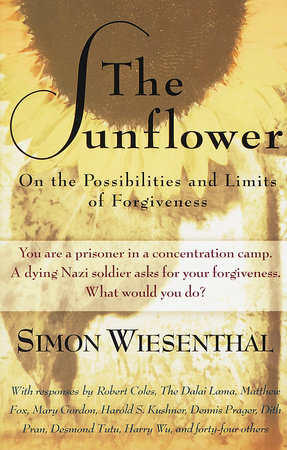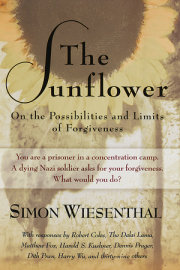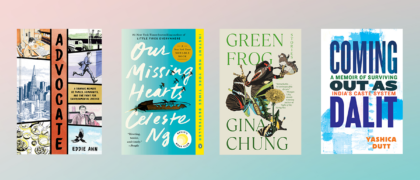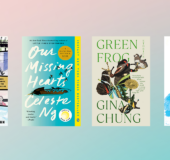Simon Wiesenthal was born in 1908 in Buczacz, Galicia, at that time a part of the Austro-Hungarian Empire. He was incarcerated between 1941 and 1945 in Buchenwald and Mauthausen and other concentration camps. In 1946, together with 30 other survivors, he founded the Jewish Historical Documentation Center, which was instrumental in the identification of over 1,100 Nazi war criminals. He has been honored by the governments of Italy, the Netherlands, Israel, and the United States. Wiesenthal is the author of many books, including
The Murderers Among Us,
Justice Not Vengeance,
Sails of Hope, and
Every Day Remembrance Day. Wiesenthal lives in Austria.
Among the contributors:Sven Alkalaj, Bosnian Ambassador to the U.S.,
Moshe Bejski, retired justice of the Supreme Court of Israel,
Robert McAfee Brown, leading Protestant theologian,
Robert Coles, Harvard professor of social ethics and author,
The Dalai Lama,
Eugene Fisher, National Conference of Catholic Bishops,
Matthew Fox, author and leading Episcopalian theologian,
Yossi Klein Halevi, Israeli journalist and son of a Holocaust survivor,
Arthur Hertzberg, rabbi and author,
Theodore Hesburgh, President Emeritus of the University of Notre Dame,
Hans Konig, Cardinal of Vienna,
Harold Kushner, rabbi and best-selling author,
Primo Levi, Italian Holocaust survivor and author,
Cynthia Ozick, novelist and essayist,
Dennis Prager, author and conservative radio commentator,
Dith Pran, photographer and subject of the film "The Killing Fields" about the Cambodian genocide,
Albert Speer, German Nazi war criminal and author,
Tzvetan Todorov, French literary critic,
Harry Wu, Chinese human rights activist.
View titles by Simon Wiesenthal








